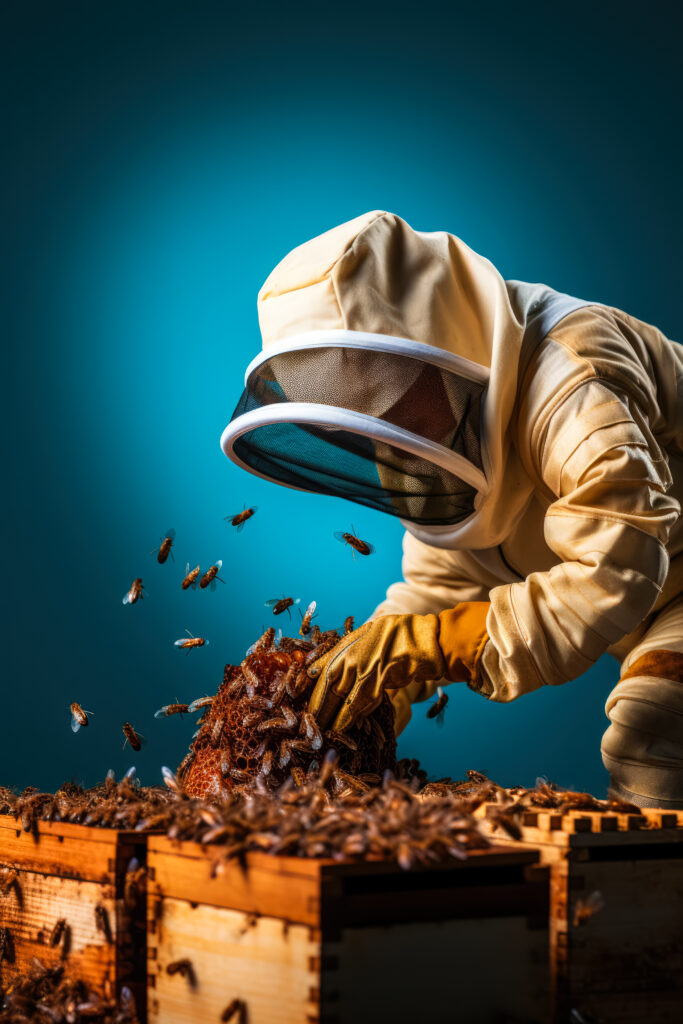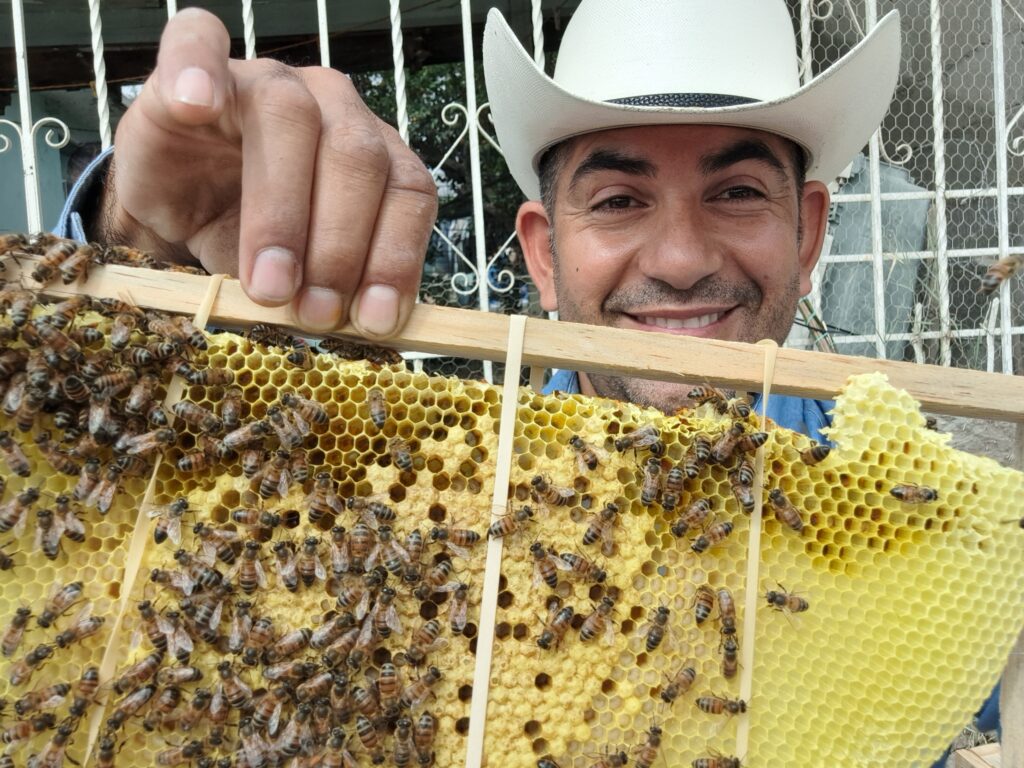Bee Genetics and Breeding Research.
Bee Genetics and Breeding Research in Apiculture: Enhancing the Future of Pollinators
Introduction
In the world of apiculture, the study of bee genetics and breeding research stands as a cornerstone for the development of robust and adaptable bee populations. This category, known as "Bee Genetics and Breeding Research," delves into the genetic underpinnings of bees, with a specific focus on breeding practices to enhance desirable traits and improve overall bee health. In this professional discourse, we explore the pivotal significance of bee genetics and breeding research, the challenges faced in this field, and the transformative contributions it makes to the world of apiculture and the conservation of pollinators.
The Significance of Bee Genetics and Breeding Research
Bee genetics and breeding research is of paramount significance due to its far-reaching impact:
Genetic Diversity: Bees, both honeybees and native species, exhibit genetic diversity that enables them to adapt to various environmental conditions. Understanding and preserving this diversity is crucial for bee health and resilience.
Bee Health: Genetics plays a pivotal role in bee health. Breeding programs aim to develop bee populations that are more resilient to pests, diseases, and environmental stressors.
Productivity: Through selective breeding, beekeepers can enhance desirable traits in their colonies, such as honey production, docility, and overwintering capabilities, resulting in more productive and manageable hives.
Conservation: Bee genetics research supports the conservation of native bee species by providing insights into their genetic diversity and vulnerabilities.
Challenges in Bee Genetics and Breeding Research
Bee genetics and breeding research comes with its share of challenges:
Complex Genetic Interactions: Bee genetics is a complex web of interactions, and identifying and isolating specific genes responsible for desirable traits can be challenging.
Environmental Variation: The genetic expression of traits can vary significantly based on environmental factors, making it difficult to predict how bees will perform in different conditions.
Pest and Disease Resistance: Developing bee populations that are resistant to pests and diseases, such as Varroa mites, is an ongoing challenge due to the rapid evolution of these threats.
Balancing Traits: In some cases, improving one trait may come at the expense of another. For example, selecting for increased honey production may compromise disease resistance.
Strategies for Bee Genetics and Breeding Research
Researchers employ various strategies to address these challenges and advance bee genetics and breeding research:
Selective Breeding: Beekeepers and researchers selectively breed colonies with desirable traits, such as disease resistance or honey production, over multiple generations.
Genomic Research: Advances in genomic sequencing allow for the identification of specific genes associated with desirable traits, facilitating targeted breeding programs.
Cryopreservation: Genetic material, such as bee sperm, is cryopreserved to preserve genetic diversity and enable the controlled breeding of colonies.
Crossbreeding: Introducing genetic diversity through crossbreeding between different bee populations can enhance desirable traits.
Behavioral and Health Observations: Careful monitoring of bee behavior and health is crucial in evaluating breeding success.
Education and Outreach: Collaboration between researchers, beekeepers, and the public is essential to promote the adoption of breeding practices that support bee health and conservation.
Benefits and the Way Forward
The benefits of bee genetics and breeding research are profound:
Resilient Bee Populations: Breeding programs can develop bee populations that are more resistant to pests and diseases, enhancing bee health and longevity.
Agricultural Productivity: Improved bee genetics contribute to better pollination services, benefiting agricultural productivity and food security.
Conservation of Native Species: Bee genetics research aids in the conservation of native bee species, helping to protect their genetic diversity and adaptability.
Scientific Advancements: Advances in bee genetics research contribute to broader genetic knowledge and can benefit other fields of science.
In conclusion, bee genetics and breeding research is a fundamental component of apiculture that contributes to the resilience and productivity of bee populations. As we face ongoing challenges in the form of pests, diseases, and environmental changes, the insights gained from this field play a crucial role in ensuring the future of these essential pollinators. The way forward entails continued research, collaboration between scientists and beekeepers, and the application of innovative genetic techniques to address the challenges and unlock the potential of bee genetics and breeding research.




